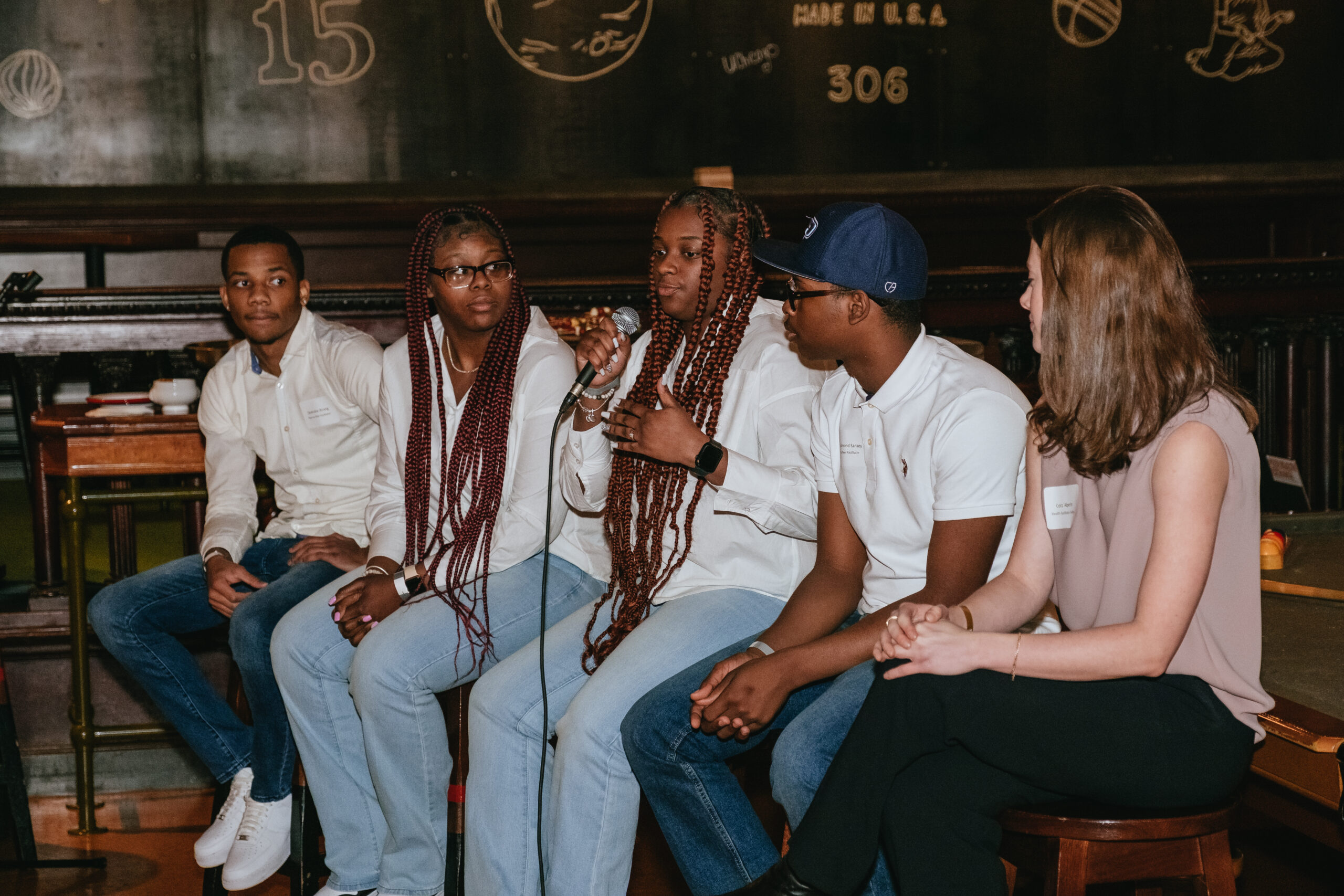In recent decades, there has been a growing movement in the public and nonprofit sectors to ensure that affected communities and people with lived experience are engaged in the design, implementation, and evaluation of social policies and programs. The origins of this movement are both values-based and driven by the elevation of social equity as a policy priority, as well as practical and informed by adaptation of private sector practices that rely on user feedback as a core input for assessing the effectiveness of products and services. The ongoing call for more lived experience begs the questions of how to most effectively and respectfully collaborate with affected populations to do that, and more fundamentally whether (and how well) the use of lived experience improves outcomes of interest.
In this report, we summarize evidence about the various types of impacts that can be anticipated when you bring people with lived experience into the design and delivery of social programs, products, and services. Second, we synthesize best practices from various sources about how to do that work effectively and ethically. Third, we suggest the next steps for both researchers and practitioners to keep building scientific knowledge and field practice.
Our major takeaways are straightforward: when you bring lived experience into program design, outcomes improve; and doing that work correctly requires shifts in mindsets, power, and resources. Whether you are looking for evidence that can make an effective case for leveraging more lived expertise in your work or seeking direction on how to do more and better work with lived experts, we hope you’ll find this paper useful.
If you would like to be notified about upcoming webinars discussing this report and its findings, please complete this form.
Photo courtesy of Peer Health Exchange. Peer Facilitators (L to R: DeAndre Strong, Ja’Niyah Flakes, London Strong, and Darrialmond Sankey) and Peer Health Exchange Fellow Cora Alperin speak about their experiences in the classroom at PHE’s Cheers to 20 Years event.
